Do Outlets Go Bad? How Long Do Outlets Last?
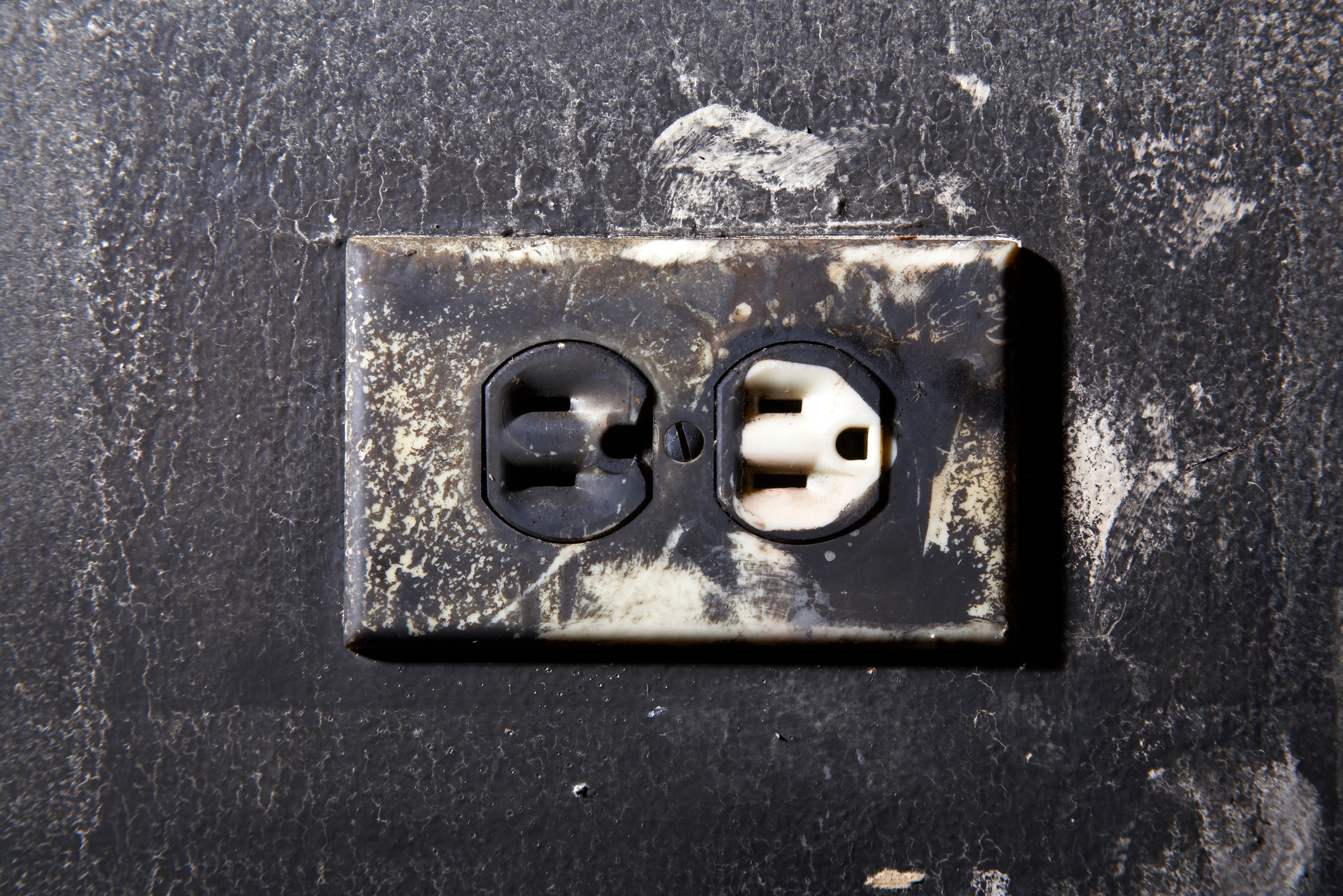
Electrical outlets are a crucial part of any home, providing the power we need to run our appliances, gadgets, and other essential devices. However, like all components in your home’s electrical system, outlets don’t last forever. This raises a common question among homeowners: do outlets go bad? The answer is yes, outlets can go bad over time due to wear and tear, damage, or other issues. In this blog, we’ll explore the lifespan of electrical outlets, the signs of a bad outlet, and when it’s time to replace them.
Can an Outlet Go Bad?
Absolutely, an outlet can go bad. Over time, outlets can experience various issues that impact their performance and safety. Outlets are exposed to continuous use, and factors like overloading, corrosion, physical damage, or even simple aging can lead to their degradation. If you’ve ever wondered, do outlets go bad, rest assured that it’s a common occurrence, and it’s essential to recognize the signs early to prevent potential hazards.
How Long Do Outlets Last?
The lifespan of an outlet can vary based on several factors, including the quality of the outlet, the level of usage, and environmental conditions. Generally, a good quality outlet can last anywhere from 15 to 25 years. However, old outlets that have been in use for a prolonged period may start showing signs of wear sooner. Regular maintenance and inspections can help ensure that your outlets are in good condition, but it’s vital to be aware of the signs indicating a bad electrical outlet.
Signs of a Bad Outlet
Identifying a faulty outlet is crucial for maintaining the safety of your home’s electrical system. Here are some common signs that an outlet may need to be replaced:
- Sparks or Smoke: If you notice sparks or smoke when plugging or unplugging devices, this is a clear indication of a bad outlet. Sparks can be a sign of loose wiring or other serious issues that need immediate attention.
- Burn Marks or Discoloration: Outlets showing burn marks or discoloration suggest overheating. This can be caused by loose connections or faulty wiring inside the outlet.
- Hot to the Touch: An outlet that feels hot to the touch is a sign of a bad electrical outlet. Overheating can occur due to poor connections or an overloaded circuit.
- Intermittent Power: If your outlet provides power inconsistently or not at all, it may be time to replace it. This can be a sign of worn-out internal components.
- Loose Plugs: Outlets that can’t securely hold plugs anymore are a safety risk. This can lead to poor connections and potential arcing, which is dangerous.
How Long Should a Good Electrical Connection Last?
A good electrical connection should last as long as the outlet itself, typically 15 to 25 years, assuming it is properly installed and maintained. Factors like heavy usage, environmental conditions, and the quality of the outlet can impact this lifespan. If you notice any signs of a faulty outlet, it’s important to address the issue promptly to maintain a safe electrical system.
When to Replace Your Outlets
Given the potential risks associated with old outlets and bad electrical outlets, knowing when to replace them is essential. Here are some situations where replacing your outlets is advisable:
- Age: If your outlets are more than 15 years old, it’s a good idea to have them inspected and potentially replaced.
- Frequent Use: Outlets in high-use areas like the kitchen and living room may wear out faster and need more frequent replacement.
- Visible Damage: Any visible damage, such as cracks, chips, or burn marks, should prompt immediate replacement.
- Safety Concerns: If you experience frequent electrical issues, such as tripped breakers, flickering lights, or buzzing sounds, faulty outlets could be the cause.
Upgrading to Modern Outlets
In addition to replacing bad outlets, consider upgrading to modern outlets that offer improved safety features. Ground Fault Circuit Interrupter (GFCI) outlets, for example, provide enhanced protection against electrical shock in areas where water is present, such as kitchens and bathrooms. Similarly, Arc Fault Circuit Interrupter (AFCI) outlets can detect and prevent electrical arcs that could cause fires.
Smart outlets are another upgrade worth considering. These outlets offer features like remote control, energy monitoring, and integration with home automation systems, providing both convenience and efficiency.
Conclusion
Electrical outlets are a vital component of your home’s electrical system, and ensuring they are in good working condition is essential for safety and efficiency. Knowing the signs of a bad outlet and understanding when to replace them can help prevent potential hazards and keep your home running smoothly.If you suspect you have a faulty outlet or need to replace old outlets, don’t wait until it’s too late. Contact Chesapeake Electric for all your electrical needs. Our team of licensed electricians can inspect, repair, and replace your outlets to ensure your home remains safe and efficient. Reach out to us today for a consultation and keep your home’s electrical system in top condition.
Recent Posts

January 23, 2026
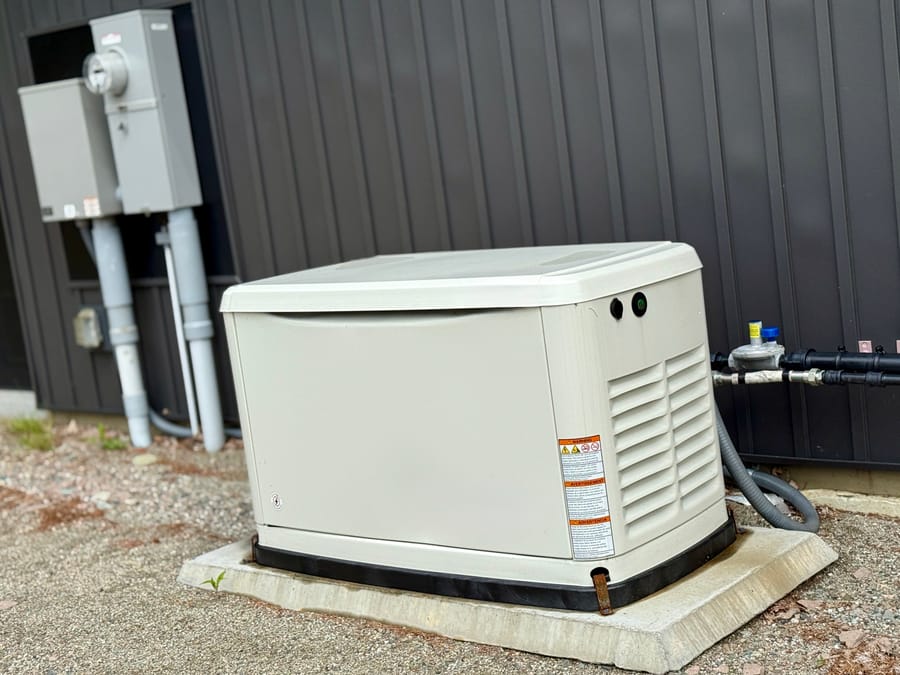
January 22, 2026
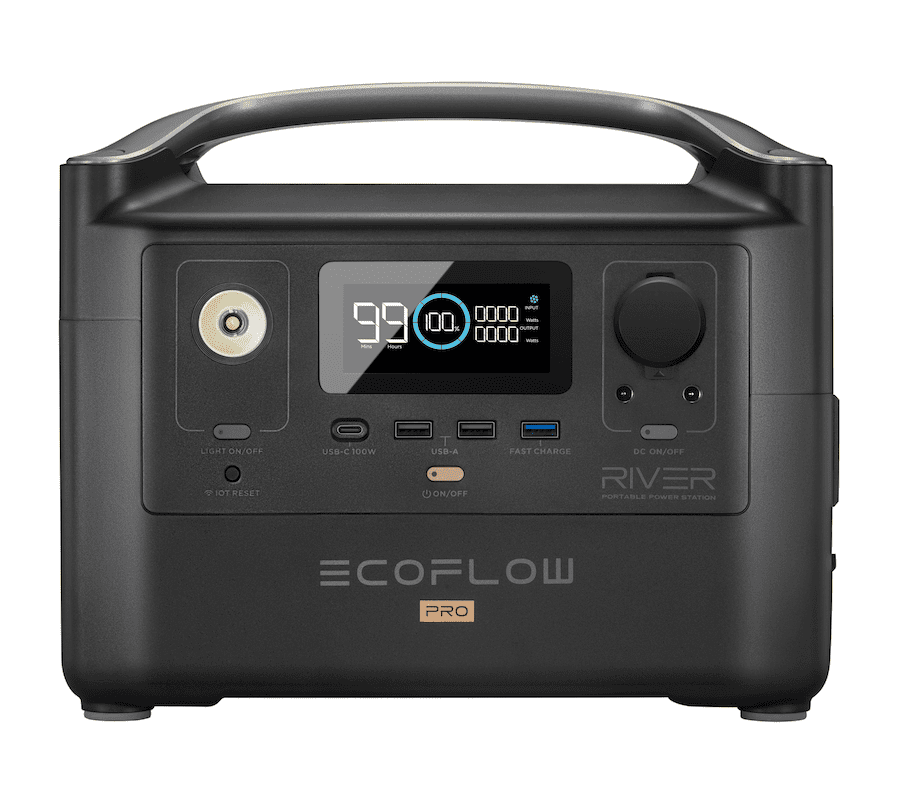
January 21, 2026
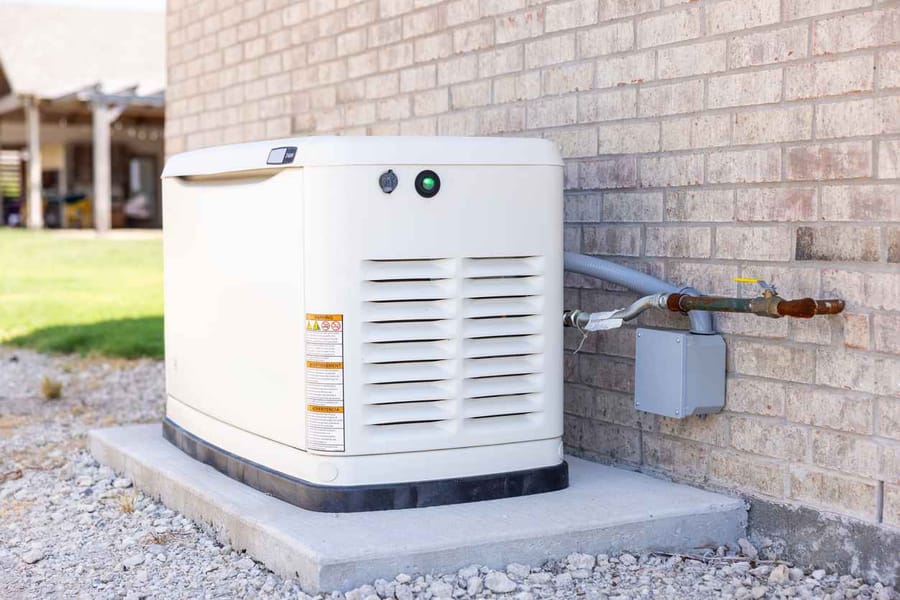
December 19, 2025

December 19, 2025
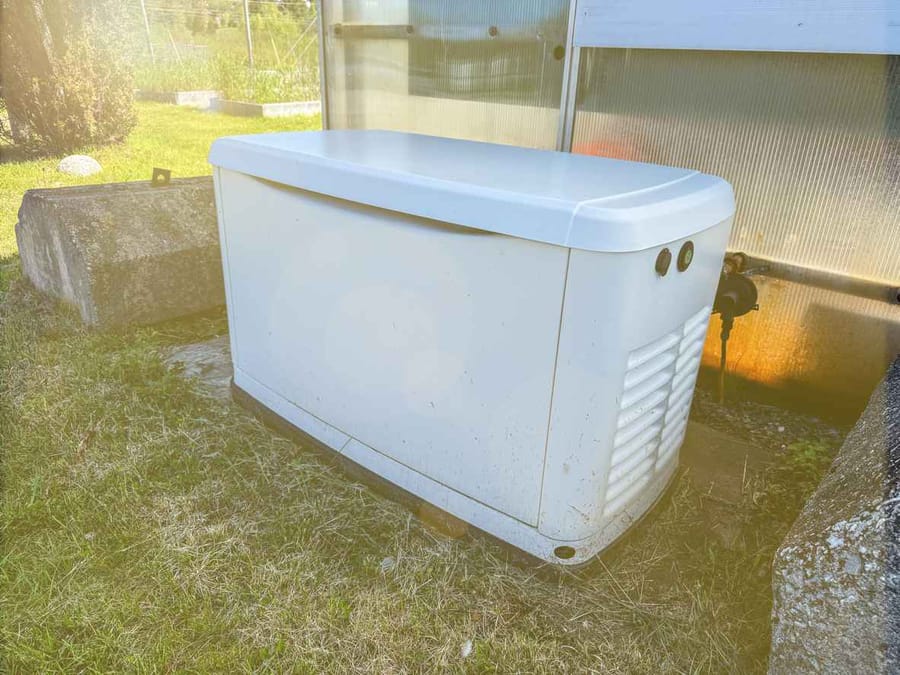
December 19, 2025
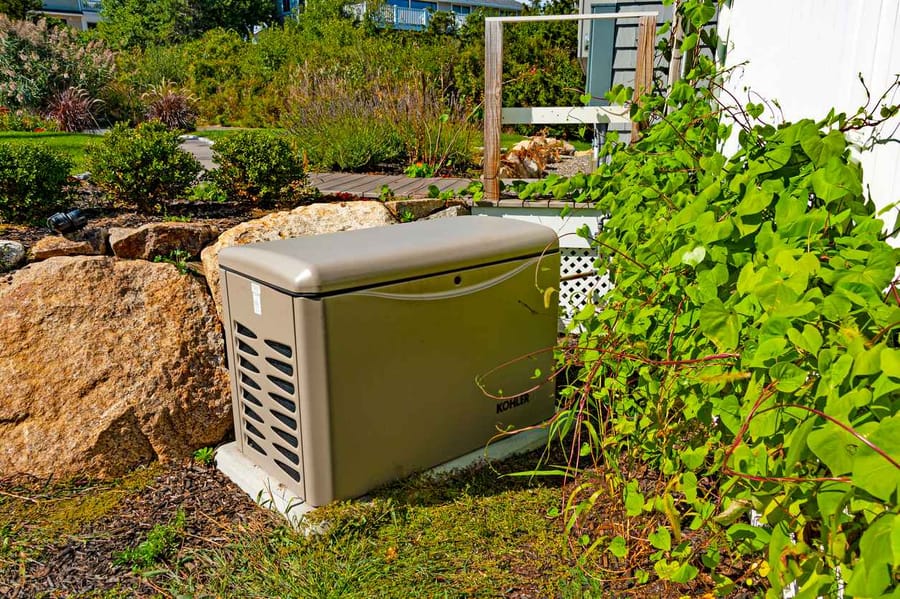
November 21, 2025